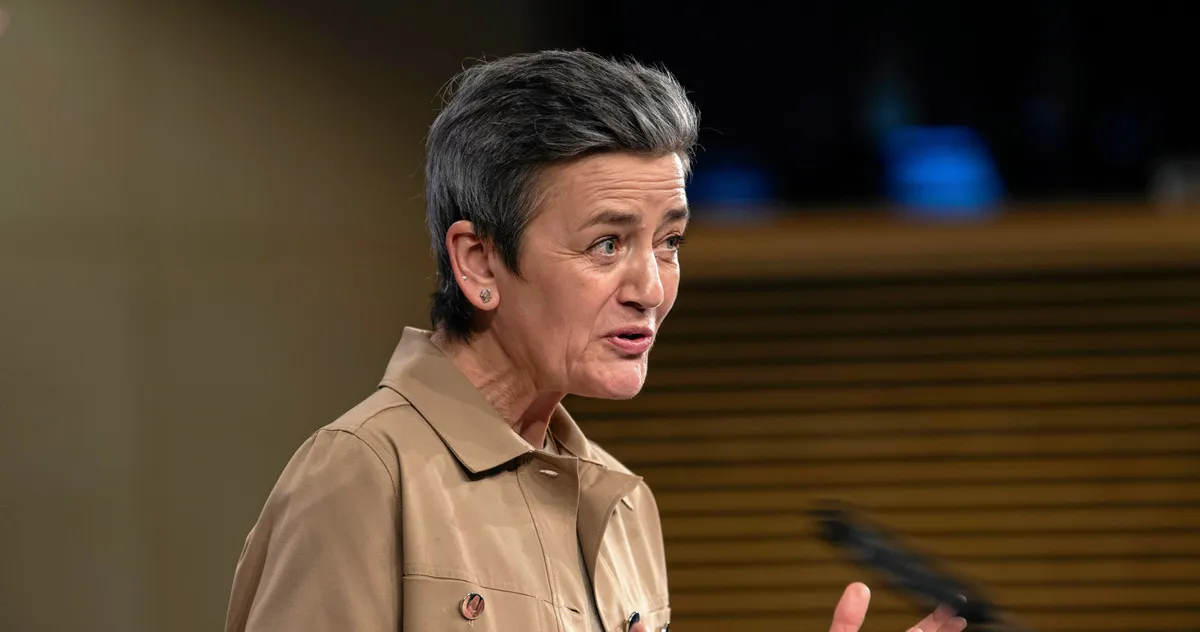Seven EU member states are set to shell out billions of euros to deploy hydrogen infrastructure in the bloc, after the European Commission (EC) today (Thursday) gave the so-called “Hy2Infra” programme the green light to proceed.
France, Germany, Italy, the Netherlands, Poland, Portugal, and Slovakia are to spend a collective €6.9bn ($7.4bn) to support 32 companies in their delivery of 33 inter-operable projects, including a total of 3.2GW of electrolysers.
Specific details of Hy2Infra’s individual projects were not included in the IPCEI approval — which grants EU-level permission for subsidies for the projects en-masse, rather than individually — however the bloc revealed that a total of 1.5GW electrolysis capacity would be supported in Germany alone.
A further 790MW would be supported in Portugal, alongside approximately 600MW in Italy, 200MW in France and 105MW in Poland.
France’s Air Liquide was among the 33 companies involved, alongside utility RWE, both for electrolysis projects in Germany, while Air Liquide’s compatriot Lhyfe is also included on the list for a project in France.
The Hy2Infra programme also grants subsidy approval for 2,700km of new and repurposed hydrogen transmission and distribution pipeline infrastructure in Italy, Germany and Slovakia — all countries with huge existing gas pipeline networks.
Port and handling facilities in the Netherlands and Germany for up to 6,000 tonnes-per-year of liquid organic hydrogen carriers (LOHC) were also included in the IPCEI, as was the deployment of 370GWh of large-scale H2 storage in Germany.
The EU hopes that the €6.9bn investment will unlock a further €5.4bn in private funding, bringing the total to more than €12bn.
“While the renewable hydrogen supply chain in Europe is still in a nascent phase, Hy2Infra will deploy the initial building blocks of an integrated and open renewable hydrogen network,” the EU’s competition commissioner Margerethe Vestager said today.
“This IPCEI will establish the first regional infrastructure clusters in several member states and prepare the ground for future interconnections across Europe, in line with the European Hydrogen Strategy. This will support the market ramp-up of renewable hydrogen supply and take us steps closer to making Europe the first climate-neutral continent by 2050.”
Under the IPCEI programme, member states wanting to subsidise clusters of projects can apply to be considered together.
And the aim of Hy2Infra, and indeed the other two H2-related IPCEIs, is for the projects to work together, sharing knowledge and connecting to each other’s infrastructure to form a hydrogen ecosystem throughout the bloc.
Crucially, this infrastructure will then be available for all third-parties to access, said Vestager.
“We approved IPCEI Hy2Infra because it generates positive spillover effects across the EU,” she said. “First, additional stakeholders will have the possibility to connect to and use open access infrastructure under non-discriminatory terms.
She added: “Second, Hy2Infra participants will be amongst the first to face and solve the technical challenges linked to new large-scale infrastructure projects, generating operational experience useful to other market players. Indeed, participants commit to share their knowledge with the wider community, notably through collaborations with universities and research organisations.”

